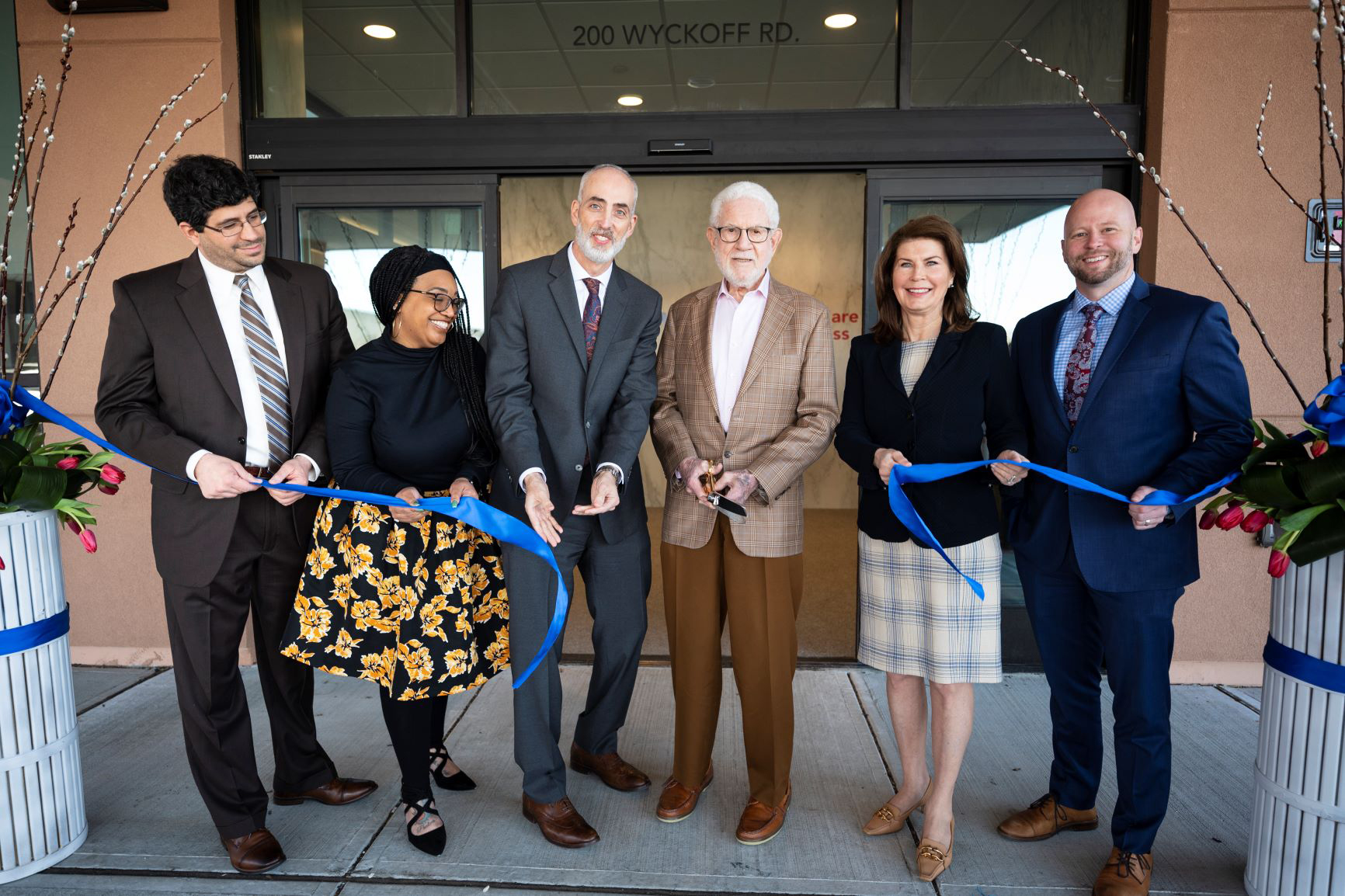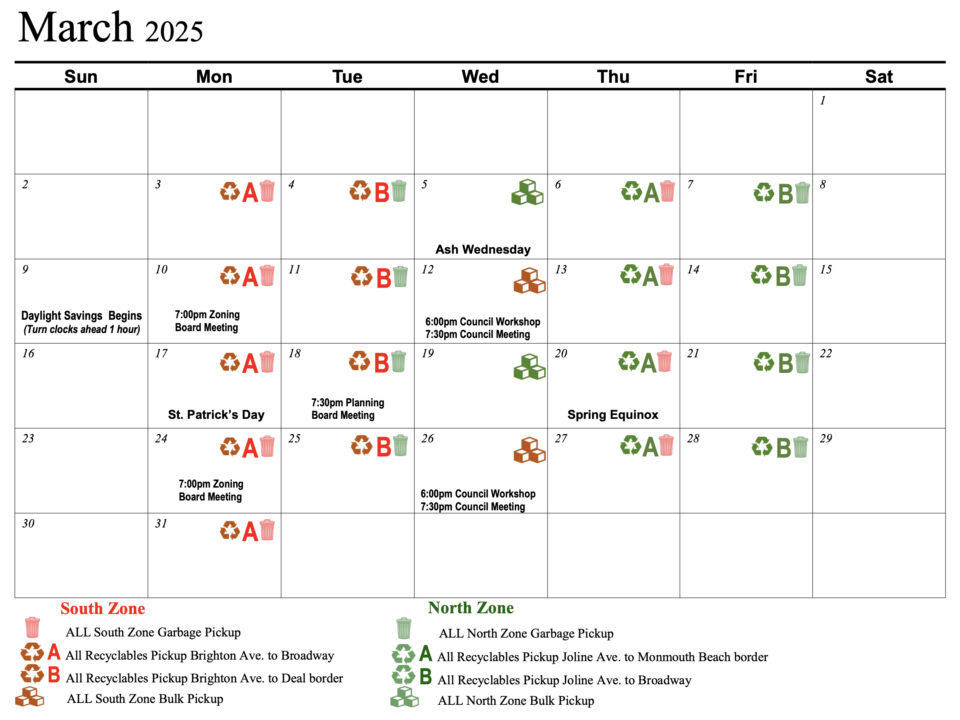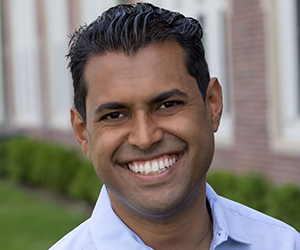
Monmouth Medical Center Dedicates Anne Vogel Family Care and Wellness Center in Eatontown
April 12, 2022
Rotary Club Luncheon at Rooney’s Oceanfront Restaurant
April 12, 2022By Vin Gopal
As the Legislature explores ways to make New Jersey a more affordable and equitable state, we must re-examine the way we fund education.
The Senate recently passed my bill to create a School Funding Formula Evaluation Task Force (S354). The Task Force would give the public an important role in studying and evaluating the provision of state school aid in the School Funding Reform Act of 2008, as well as more recent attempts to bring districts in alignment with it. In addition to the Commissioner of Education, six members of the public with educational experience or expertise, municipal finance, and school budgeting would serve on the Task Force. To ensure diversity, the Senate president and Assembly speaker each would appoint two members and the minority leaders in both houses would appoint one member each.
 The School Funding Reform Act of 2008 requires the formula to be evaluated every three years, but only certain provisions are considered. The Task Force would be charged with taking a broader look and fundamentally reassessing the funding formula to determine whether it still reflects the true cost of education.
The School Funding Reform Act of 2008 requires the formula to be evaluated every three years, but only certain provisions are considered. The Task Force would be charged with taking a broader look and fundamentally reassessing the funding formula to determine whether it still reflects the true cost of education.
The legislation, which passed in the Senate with bipartisan support, would require the Task Force to look at the weight applied to different student characteristics such as “at risk” or English Language Limited students, and geographic cost adjustments. The body would also delve into special education aid and the impact of the current census-based formula used to calculate special education aid.
The formula for calculating special education aid is based on the assumption that every district’s special education needs reflect the 15 percent statewide average of students with disabilities. As a result, districts get the same aid whether they have large populations of students with disabilities or not, and regardless of whether they are spending as much as they should or providing the special education their students need.
Another piece of news on education funding is that the Department of Community Affairs’ Division of Local Government Services has made $10 million available for grants to K-12 school districts that want to explore regionalization or consolidation.
Education costs are the biggest portion of property tax bills. Reducing education costs is important to everyone, especially seniors, many of whom face difficult choices between staying in their lifelong homes or moving someplace where property taxes are lower.
The Senate Office Constituent Services Team is helping seniors keep their property taxes down through the “Senior Freeze” Property Tax Reimbursement Program, which lets seniors “freeze” their property taxes at the current year’s level. Seniors will receive a reimbursement check for the difference between taxes they pay in following years and the “frozen” year. The Team is also reaching out by phone to seniors to inform them of other programs that may help them reduce living costs through the Senate Office’s “Savings for Our Seniors” program known as S.O.S. If you need assistance, please contact the Senate Office at SenGopal@njleg.org, or (732) 695-7731.
On a final note, April is a month of celebrations for Christians, Jews, and Muslims, as they celebrate Easter, Passover, and Ramadan. We also celebrate Earth Day. Let’s carry the messages of renewal, hope, fulfillment, and respect for the planet we share with us throughout the year.




